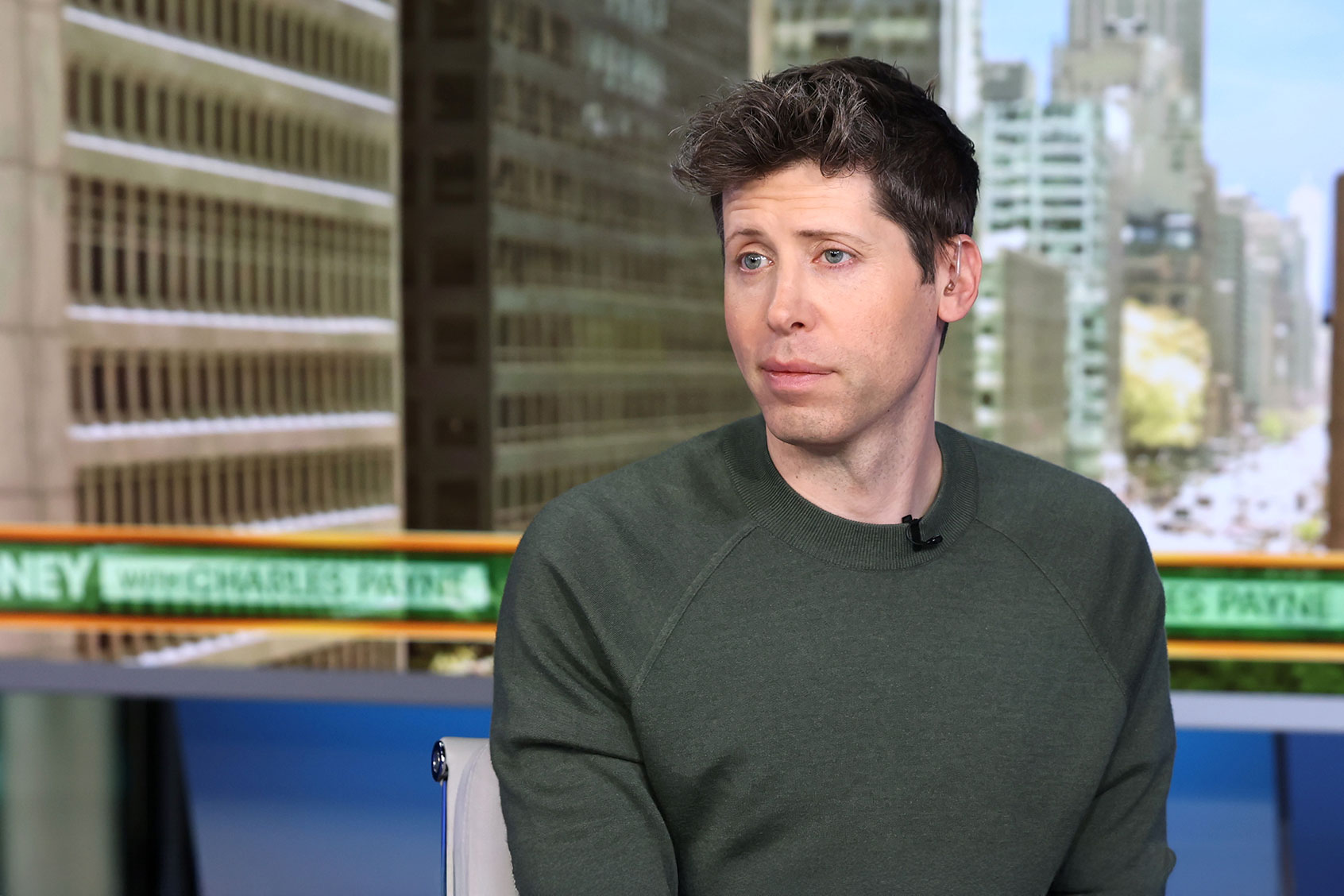Sam Altman is the most visible proponent of what we’ve come to call artificial intelligence, and he’s unsettled by the way people might use the technology.
The OpenAI CEO worried about the addictive properties of his chatbot in a post to social media on Sunday, saying a future in which important decisions are offloaded to machine learning makes him “uneasy.”
Responding to backlash over the newest version of ChatGPT, Altman said that the “attachment some people have” to AI feels “different and stronger than the kinds of attachment people have had to previous kinds of technology.” He worried about people who use AI in “self-destructive ways.”
“If a user is in a mentally fragile state and prone to delusion, we do not want the AI to reinforce that. Most users can keep a clear line between reality and fiction or role-play, but a small percentage cannot,” he wrote. “If people are getting good advice… we will be proud of making something genuinely helpful, even if they use and rely on ChatGPT a lot. If, on the other hand, users have a relationship with ChatGPT where they think they feel better after talking, but they’re unknowingly nudged away from their longer-term well-being (however they define it), that’s bad.”
Altman fretted over ChatGPT users who want to step away from using the AI tool and “[feel] like they cannot.”
“I can imagine a future where a lot of people really trust ChatGPT’s advice for their most important decisions. Although that could be great, it makes me uneasy,” he said. “I expect that it is coming to some degree.”
Altman quickly snapped back into Silicon Valley’s eternal brand of sunshine, saying he feels OpenAI has a “good shot” at threading the needle between troubling dependence on machine learning and a useful tool.
“We have much better tech to help us measure how we are doing than previous generations of technology had,” he said.


